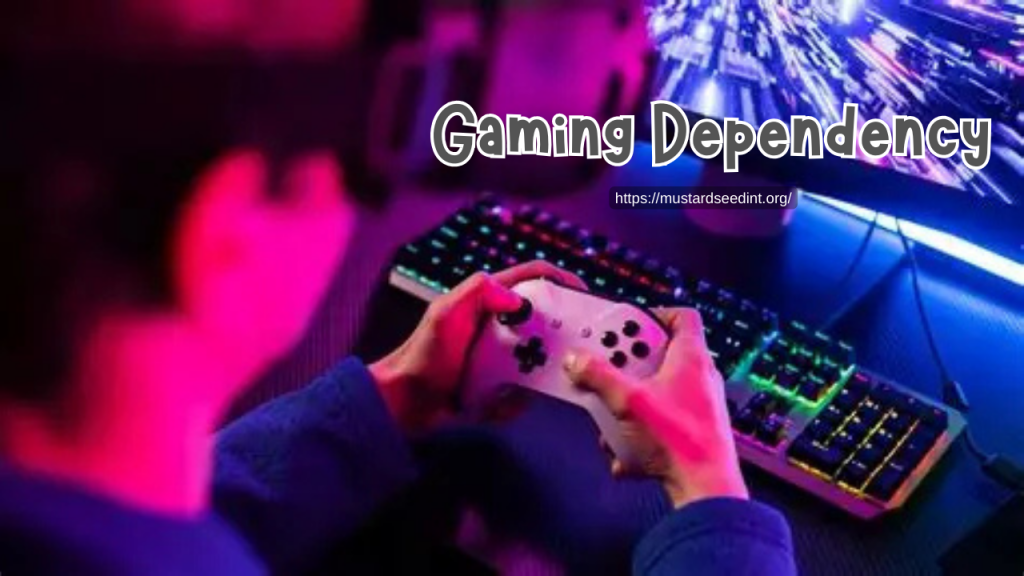
For many people, video games provide a welcome break from daily stress. They offer adventure, achievement, and connection in ways that can feel rewarding and even therapeutic. But when gaming shifts from a pastime to a primary way of coping with stress, the line between healthy recreation and addiction becomes blurred. Recognizing stress-driven gaming addiction early is essential to prevent long-term harm and begin the journey toward recovery.
Why Stress Leads to Gaming Dependency
Stress affects everyone differently, but one common response is the search for escape. Video games provide immediate relief by creating a virtual world where players feel in control, achieve goals, and connect with others without facing the pressures of real life.
The challenge is that this relief is temporary. Instead of learning to manage stress in healthy ways, individuals may come to rely on gaming every time life feels overwhelming. Over time, this dependency can develop into an addiction that disrupts relationships, school, work, and mental health.
Signs of Stress-Driven Gaming Addiction
Identifying the warning signs of stress-fueled gaming can help prevent deeper struggles. Some signs to look for include:
- Choosing gaming over responsibilities such as school, work, or family
- Using games as the primary way to cope with frustration, sadness, or anxiety
- Feeling restless, irritable, or anxious when unable to play
- Spending increasing amounts of time gaming despite negative consequences
- Withdrawing from social connections outside of gaming communities
These patterns suggest that gaming is no longer just entertainment but has become an emotional crutch.
The Hidden Costs of Escaping Stress
While gaming can reduce stress in the short term, using it as the main coping mechanism often makes life more difficult in the long run. Responsibilities pile up, relationships weaken, and emotional health declines. For some, this cycle of avoidance can contribute to feelings of depression, isolation, and low self-worth.
The irony is clear: what begins as a way to escape stress can ultimately create even more of it.
A Holistic Approach to Healing
At Mustard Seed, we believe that stress-driven gaming addiction is not just about the hours spent playing. It is about the deeper struggles that drive the behavior. Our compassionate, client-centered programs are designed to address both the addiction and its root causes.
Through inpatient and outpatient care, we provide:
- Professional counseling to explore stress and emotional triggers
- Faith-based support to restore hope and spiritual strength
- Group therapy that reduces isolation and fosters healthy connection
- Holistic practices such as mindfulness, fitness, and creative expression
- Individualized care plans that respect each person’s unique journey
By treating the whole person—mind, body, and spirit—we help clients replace avoidance with resilience and build sustainable strategies for managing stress.
Healthy Alternatives to Cope with Stress
Recovery is not only about stepping away from gaming. It is also about finding new ways to handle life’s challenges. Some effective strategies include:
- Practicing relaxation techniques such as deep breathing or meditation
- Exercising to release tension and improve mood
- Journaling to process emotions instead of avoiding them
- Spending time with supportive friends or family
- Seeking professional guidance to work through stress constructively
These alternatives strengthen resilience and reduce the need to retreat into the virtual world.
Taking the Next Step
If gaming has become more than just a hobby and is now the primary way of coping with stress, it may be time to pause and seek help. Stress-driven gaming addiction can feel overwhelming, but with the right support, balance and healing are possible.
At Mustard Seed, we are here to walk alongside you with compassion, understanding, and proven recovery solutions. Reach out today to take the first step toward freedom, resilience, and renewed peace of mind.